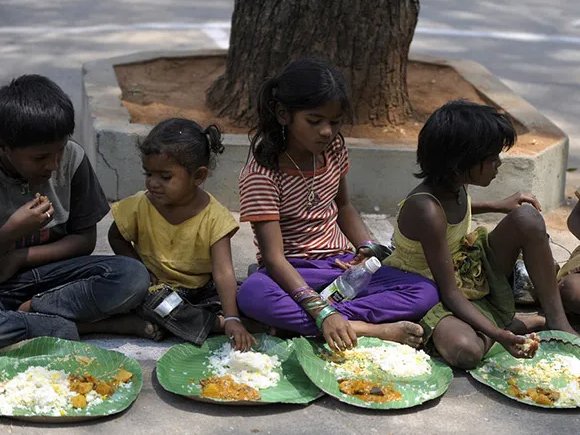
Exploring the Paradox of Food in India
Introduction: India, a land rich in cultural heritage and culinary diversity, presents a stark paradox – while its streets bustle with vibrant markets and aromatic spices, millions of its citizens grapple with chronic hunger and malnutrition. In this blog post, we delve into the complex interplay of factors contributing to food insecurity in India, examining the challenges, initiatives, and potential solutions in addressing this pressing issue.
The Scope of the Problem: Despite being one of the world’s largest food producers, India is home to a significant population facing food insecurity. According to recent estimates, approximately 189 million people in India are undernourished, lacking access to an adequate and nutritious diet. Factors such as poverty, unequal distribution of resources, inadequate infrastructure, and socio-economic disparities exacerbate the issue, particularly in rural and marginalized communities.
Government Initiatives and Policies: Recognizing the severity of the issue, the Indian government has implemented several initiatives and policies aimed at alleviating hunger and improving food security. The National Food Security Act (NFSA) of 2013, for instance, seeks to provide subsidized food grains to vulnerable populations through the Public Distribution System (PDS). Additionally, schemes such as the Mid-Day Meal Program and Integrated Child Development Services (ICDS) aim to address malnutrition among children and pregnant women.
Conclusion: In confronting the paradox of food in India, we must acknowledge the multifaceted nature of food insecurity and adopt a holistic approach encompassing policy reform, community empowerment, and sustainable practices. By fostering collaboration, innovation, and collective action, we can strive towards a future where every individual in India has access to nutritious food, thereby realizing the fundamental right to food security and dignity. As stewards of change, let us work together to build a more equitable and food-secure society for generations to come.
Recent Posts
United for Tomorrow: Taking Action to Save Our Planet
Building Brighter Futures: The Importance of Orphan Care
+91-9639802812
asdorgn@gmail.com



